What's a Hross?
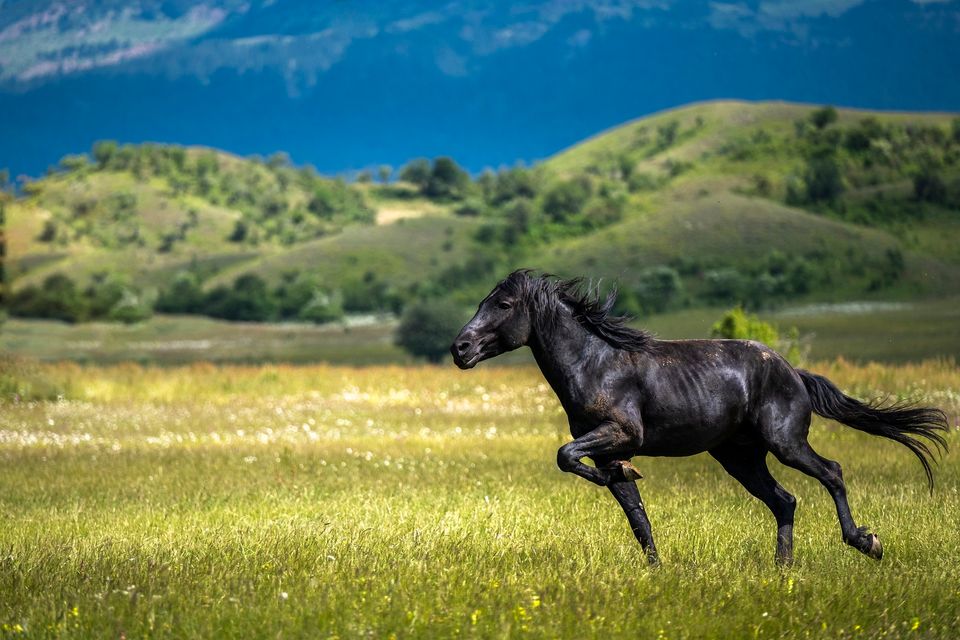
Language is a marvelously crafty tool, and one of its most surprising tricks is its ability (and willingness) to switch adjacent letters to create new words.
You might never think to swap letters in the word wasp to form the word waps, yet these two words were used interchangeably for over a hundred years in Middle English, with the original word waps being gradually replaced by the newer version we still use today.
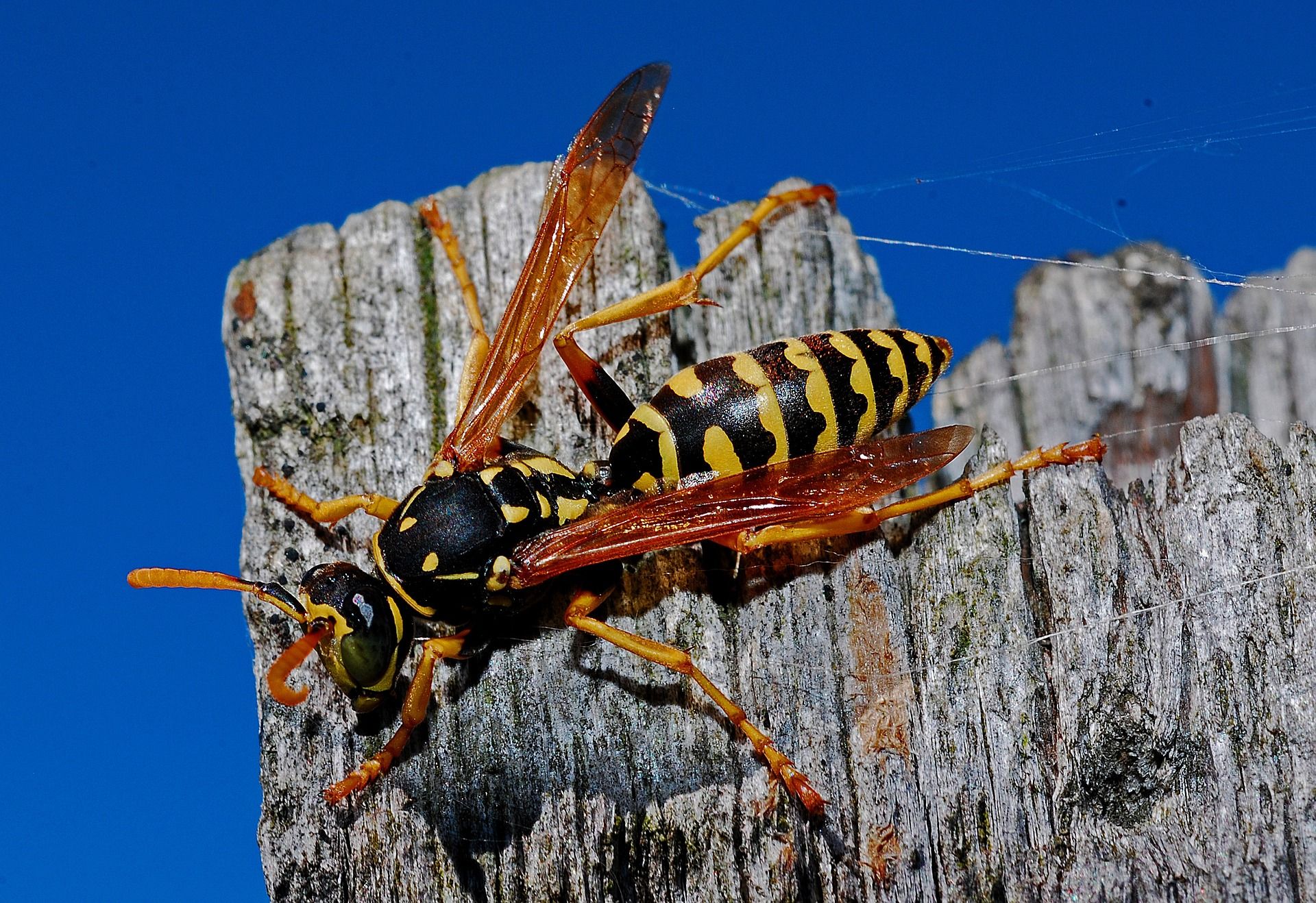
If that switch in letters, and the subsequent change from one word to another, seems improbable, you can find many, many other examples stretching from the old languages that predate English all the way into modern times.
For instance, the fact that we count to three but divide something into thirds is a relic of letter switching from Old English, while our mispronunciation of pretty as purty is an example of letter switching actively occurring in Modern English.
Formally known as metathesis, this process of rearranging or switching letters and syllables is a potent and highly productive process of new word formation.
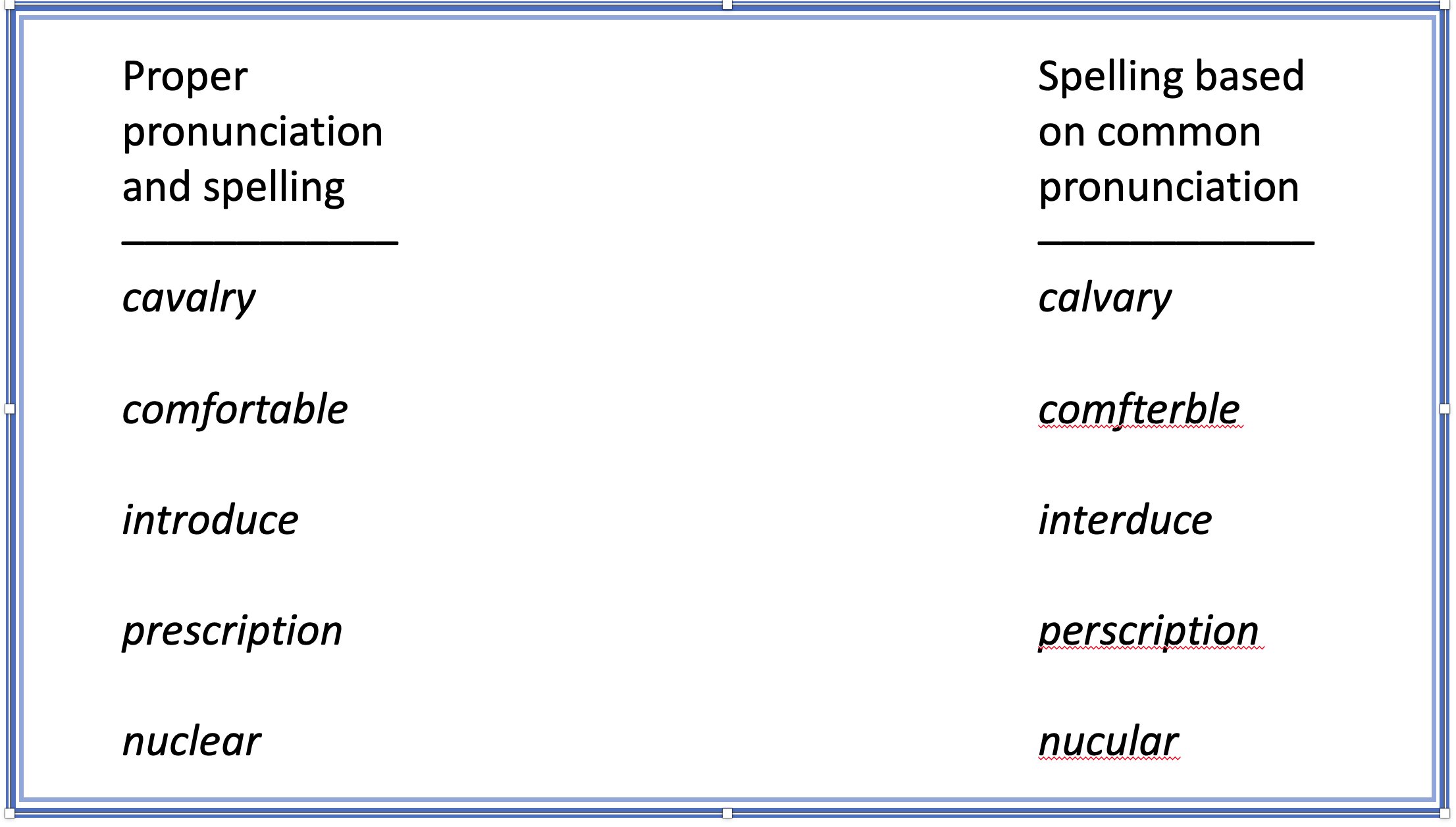
I love to play with language, and metathesis helps me find examples that shake up my thinking.
On my own, it would never occur to me to change brid to bird, or hross to horse, or hwael to whale, but these are all legitimate (i.e. widely accepted and linguistically valid) changes that have historically happened in English.
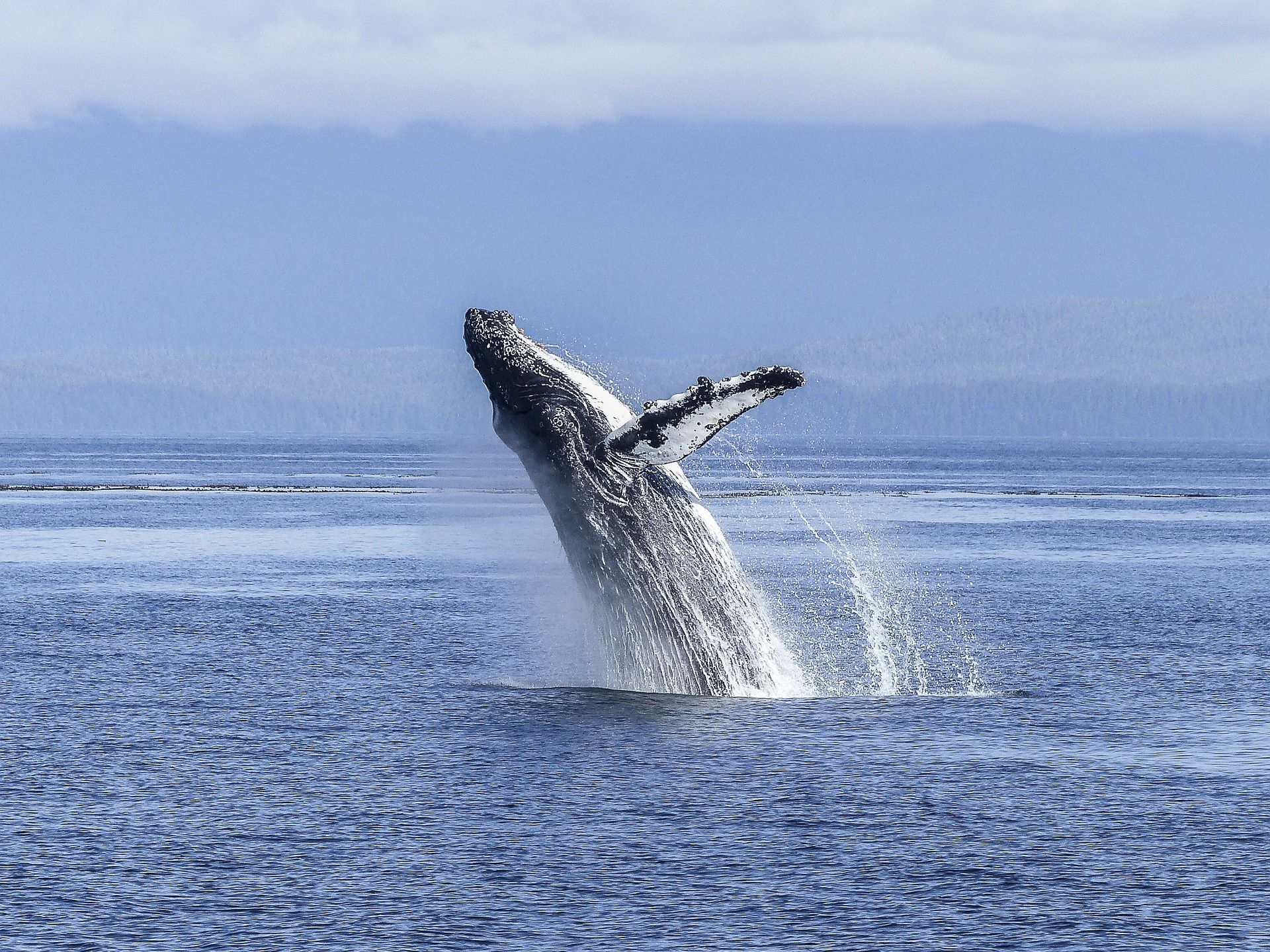
On a daily basis we are urged to spell words "correctly," but these examples of metathesis remind us that words are in fact adaptable and always changing rather than being stuck with a single spelling.
Metathesis offers us one fascinating way to create new words with new meanings—and new ways to speak of the values that matter to us.
Try crazy things like changing dragonfly to dargonfly, and don't worry if this sounds totally stupid at first. Many such experiments will be duds, but somewhere out there are little gems that will change our language forever.
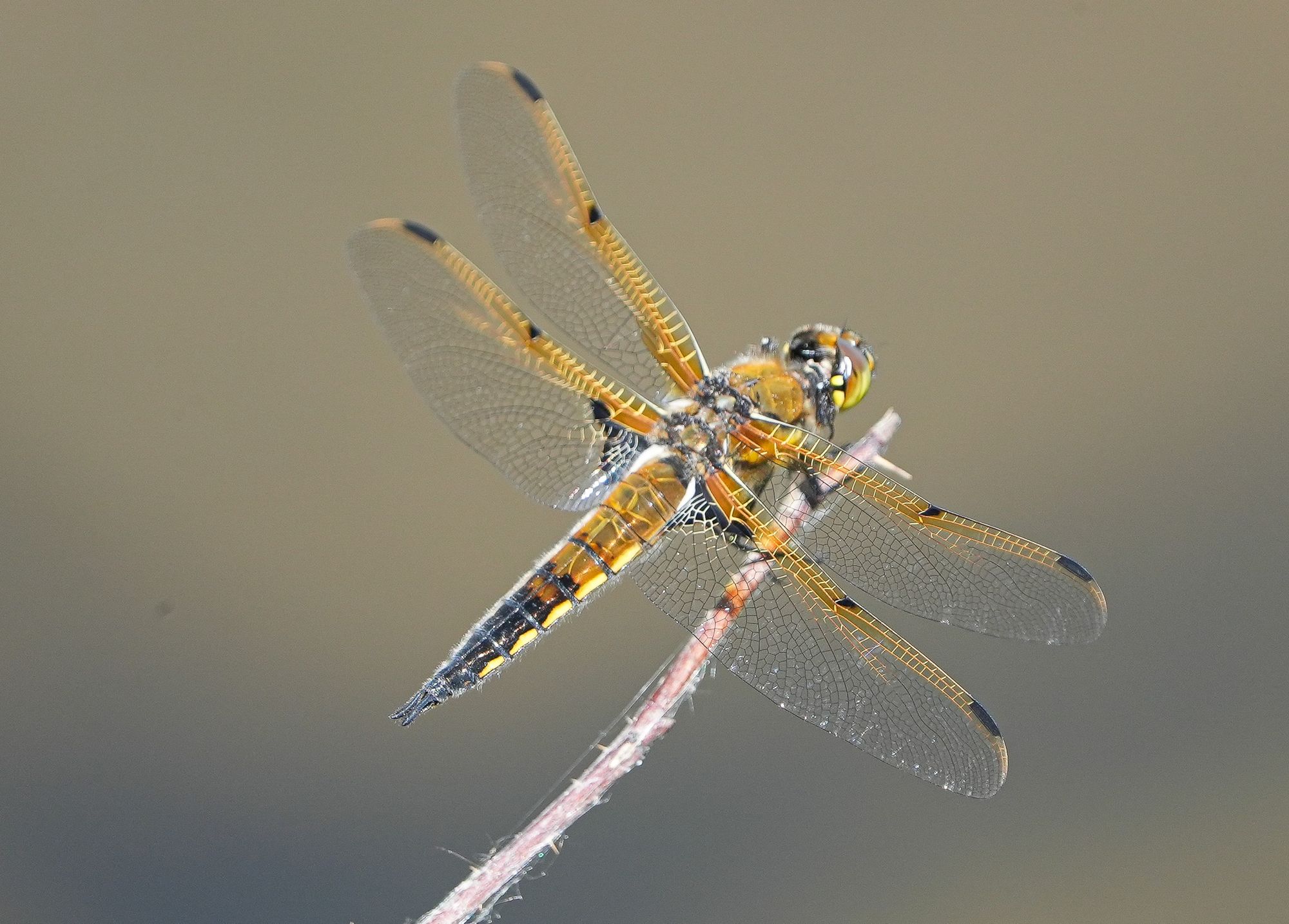
Member discussion